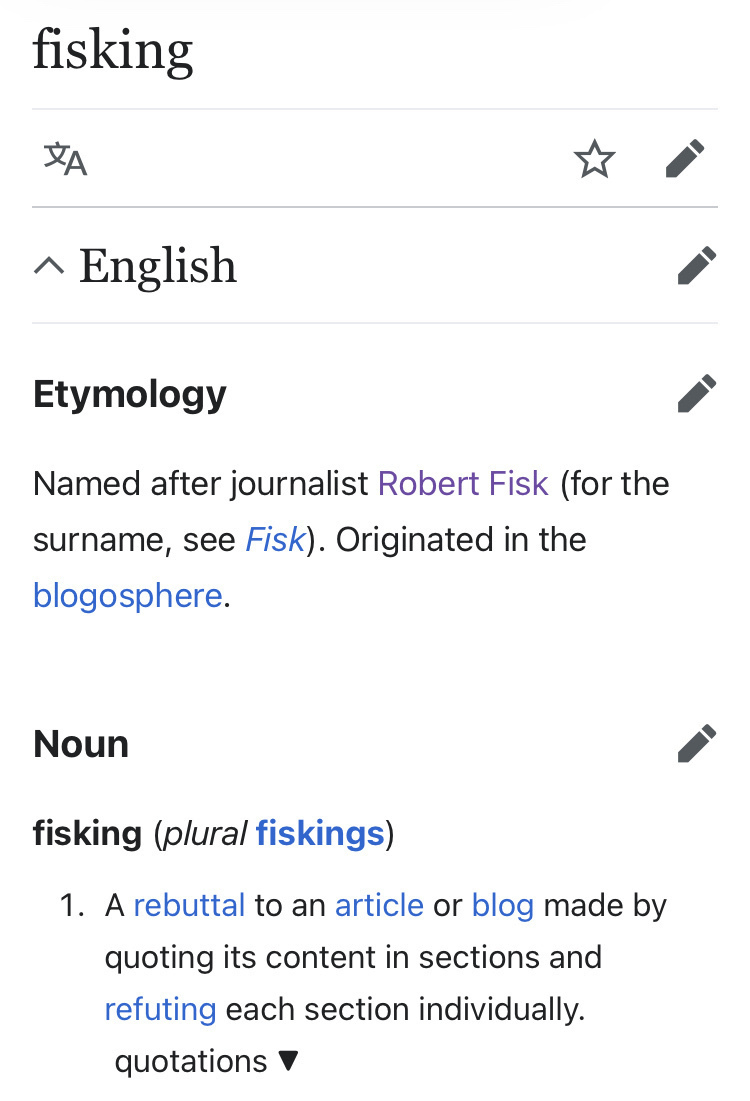The Adam and Eve story has always been a fruitful (heh) one for me. Two times I reflected on it: here and here.
Jon Stewart on why “get on board or shut the f* up” is not exactly a pro-democracy rallying cry.
Steve Robinson on the death of his father. I know what this kind of conflicted memory is like. I’m grateful to him for honestly expressing it.
Tom Johnson’s repair of this table leg is a joy to watch.
This, from over a year ago, still pretty much summarizes my outlook on the election. We’re living out the ending of a world; the characters are merely playing their part.
Sad coal mining song from Kathy Mattea. Of course it’s sad. There aren’t any happy coal mining songs.
This term—from blogging’s heyday—popped into my head this morning. Anyone else remember this?

Charles Brooks takes photographs of the interior of various instruments and the results are amazing. (via Mortise and Tenon Magazine)
Everybody makes fun of “prepper Jeremy” until the water main breaks. Now I’m sitting here having my coffee while others are rushing to Walmart. 😄

This 1975 documentary about a Kentuckian chairmaker is worth watching.